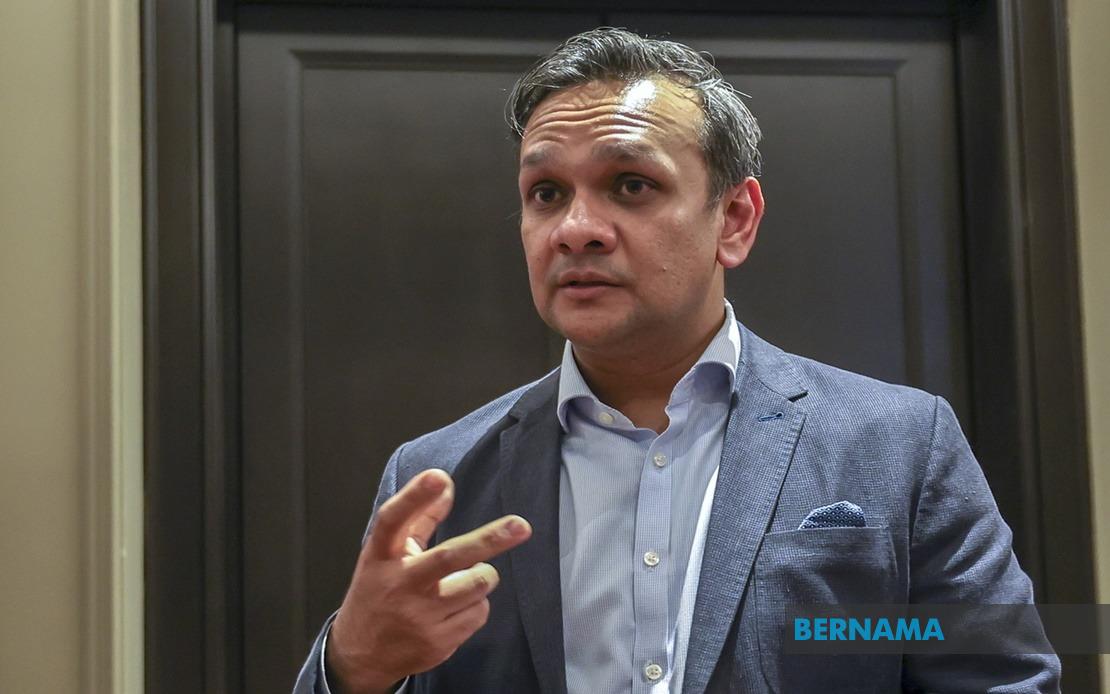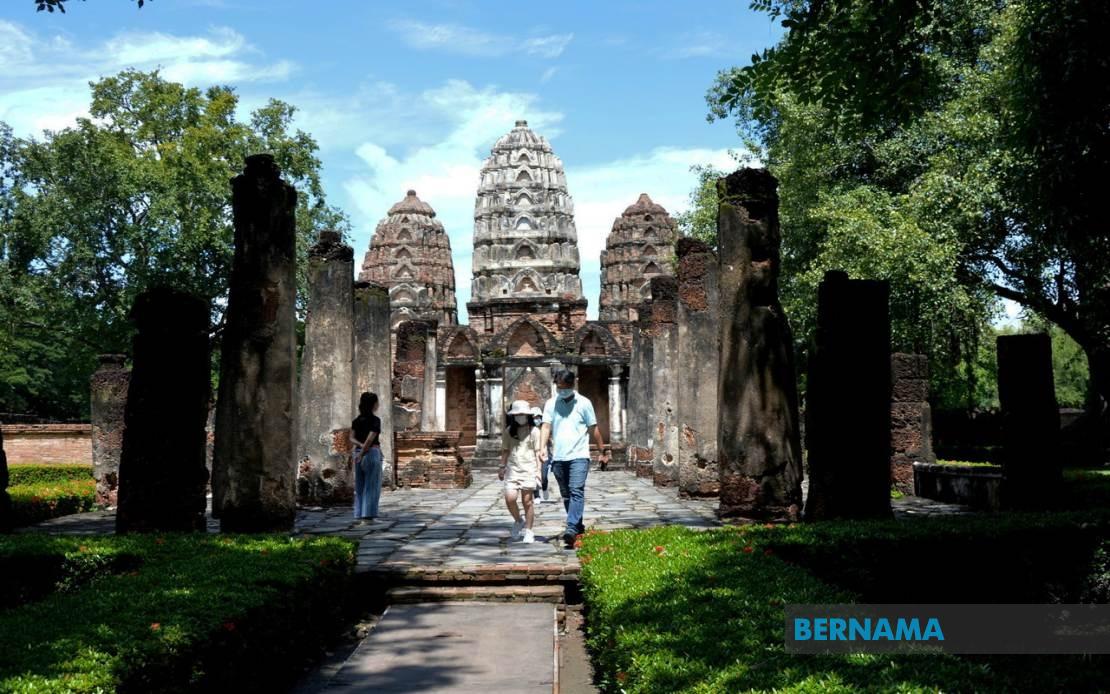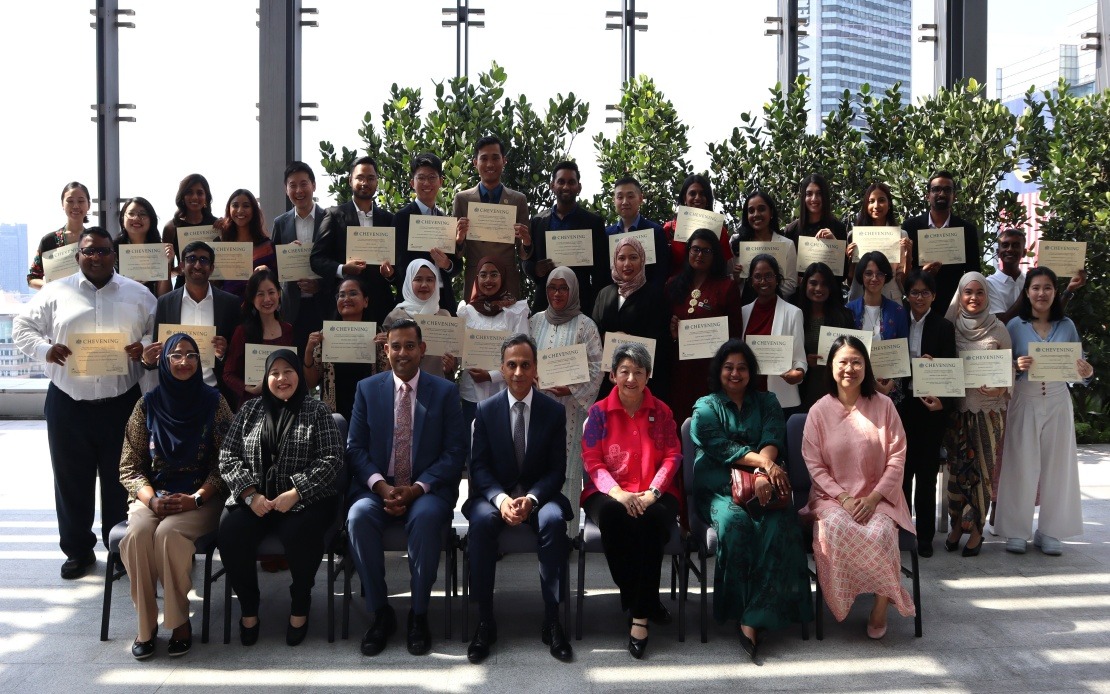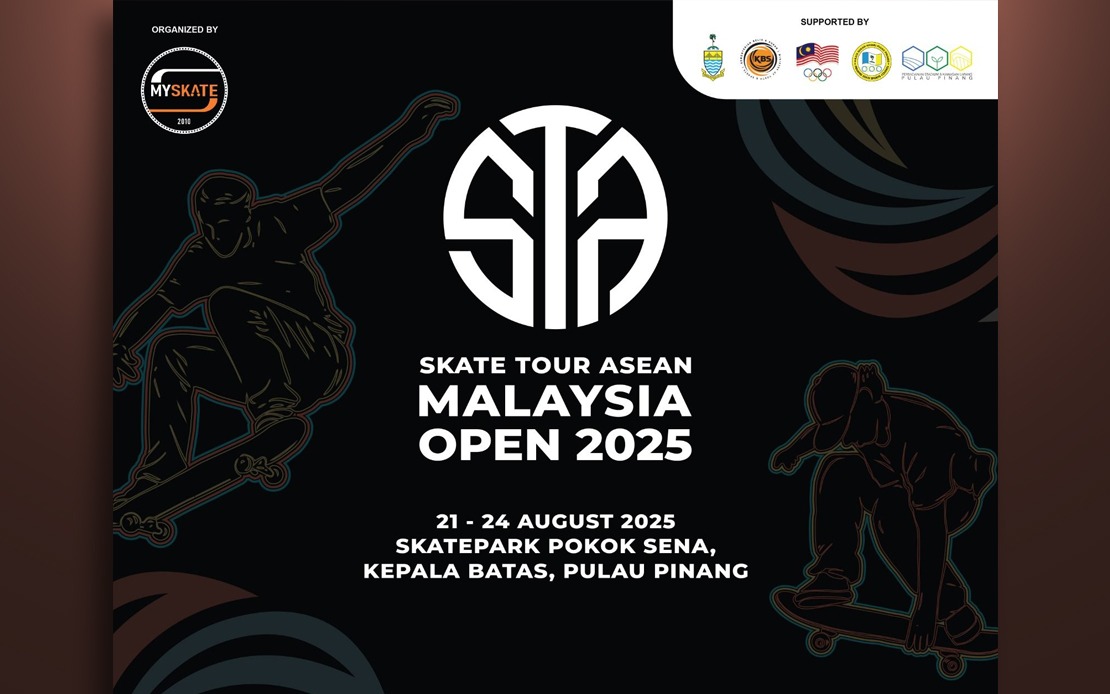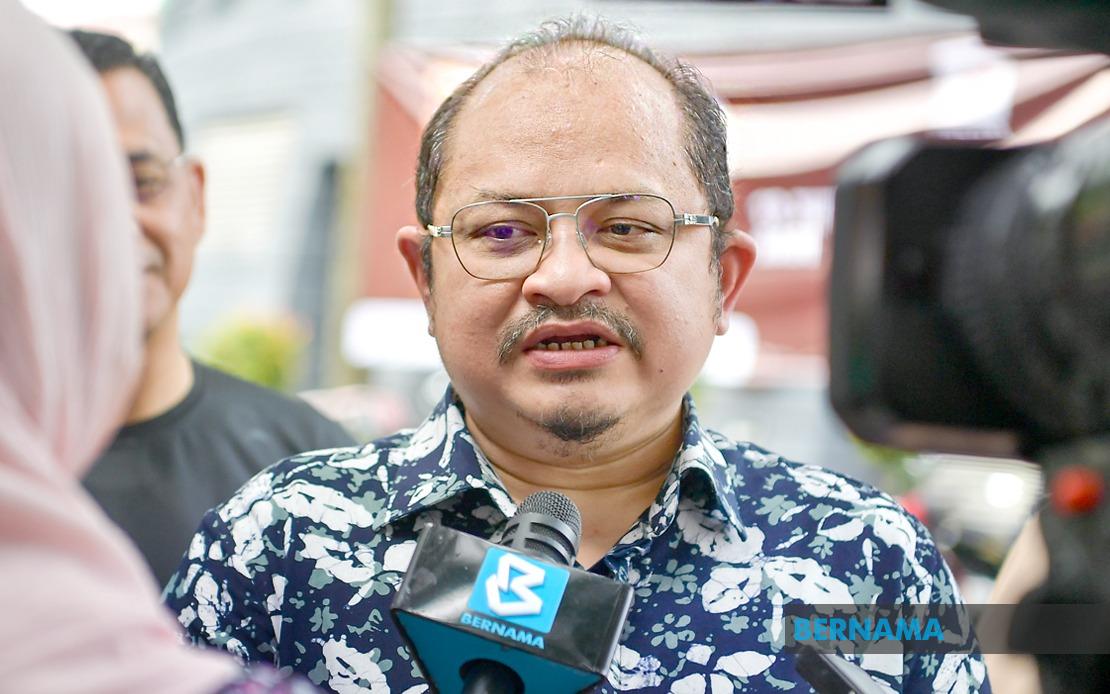RISING FROM DARKNESS: WOMEN WHO BEAT ADDICTION, INSPIRE AND DEFY STIGMA
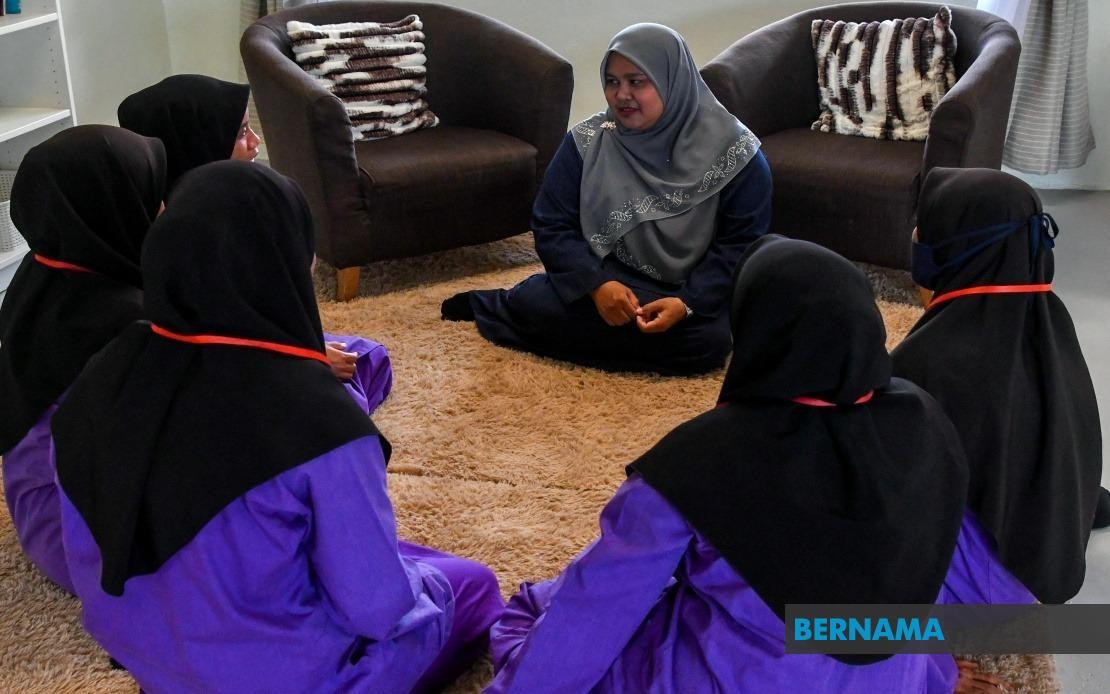
By Mohd Noor Iqram Rosli
KUALA LUMPUR, Aug 23 (Bernama) -- There was a time when Nurul’s (not her real name) life was swallowed by shadows.
At 34, she carries the memories of those years like scars; mistakes made, trust broken, faith forgotten.
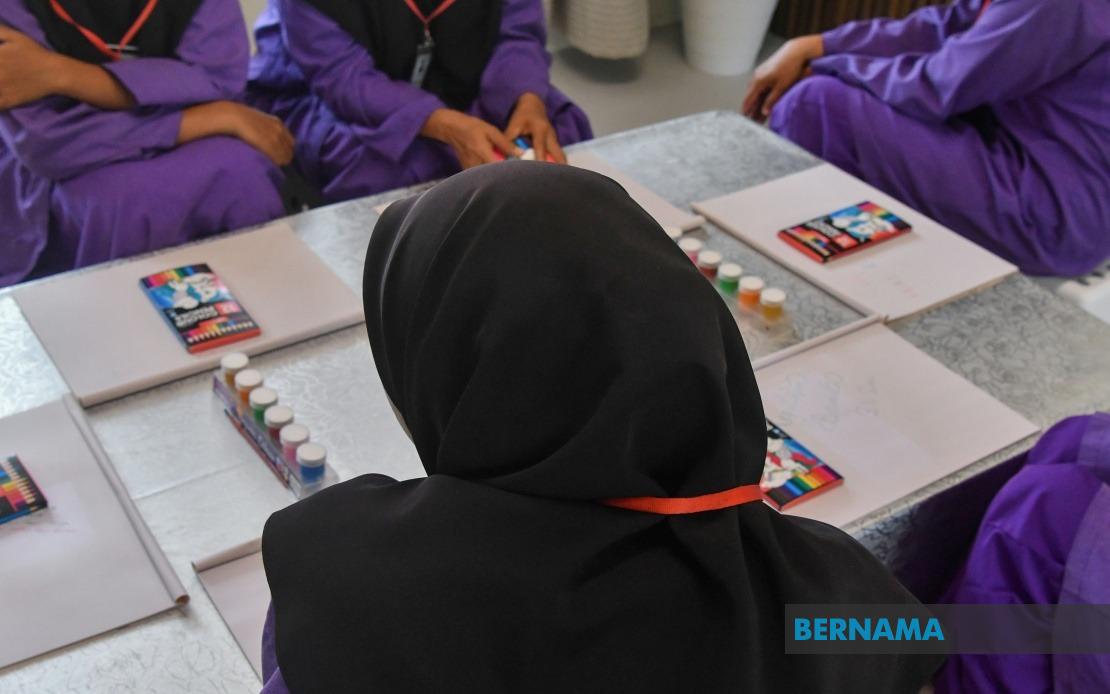
Yet when she speaks today, there is something steadier in her voice. A hope not only for her own tomorrow, but for every woman who has walked through the same darkness.
She remembers the first time she touched drugs. It was 2022, a year when her marriage was crumbling and her life felt unmoored. The path she chose was reckless.
With money flowing from selling drugs across Perak and Kelantan, supplied by a friend from across the border, it seemed easy then. Too easy.
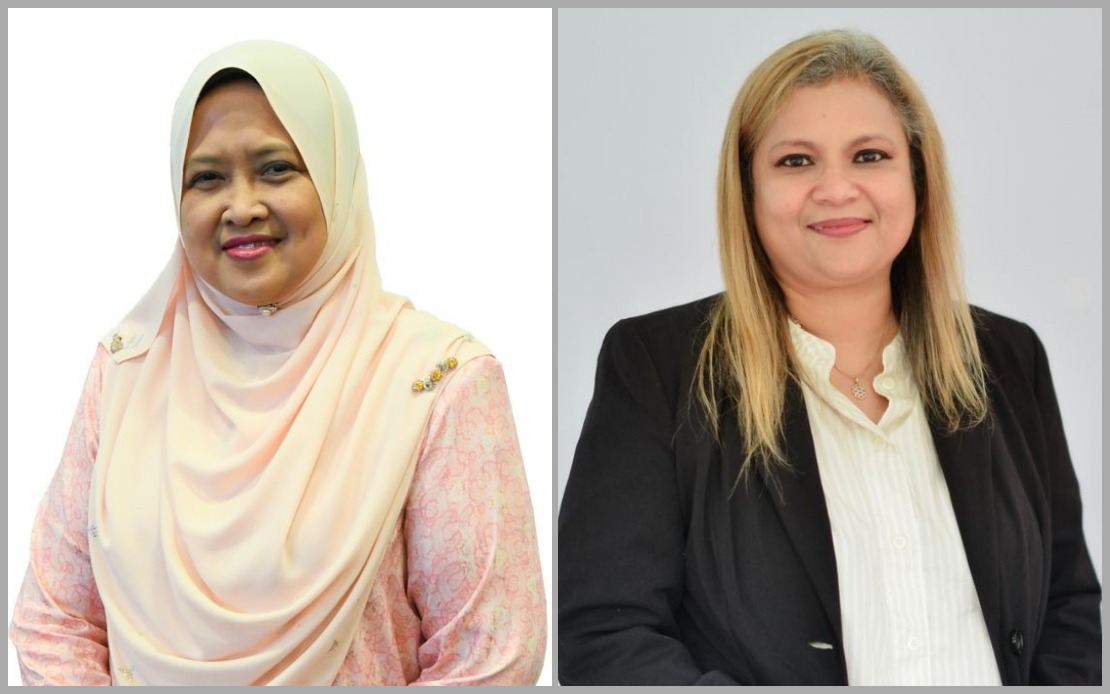
“In those days, I didn’t think about anything...not God, not my parents, not even my children. I only wanted to be happy, to laugh, to lose myself with friends,” she recalled.
However, happiness built on illusions collapses quickly.
For Nurul, the fall came when the National Anti-Drugs Agency (AADK) arrested her. A mother of three, she was sent to Bachok Narcotics Addiction Rehabilitation Centre (Puspen) for two years to confront herself and to learn what it means to begin again.
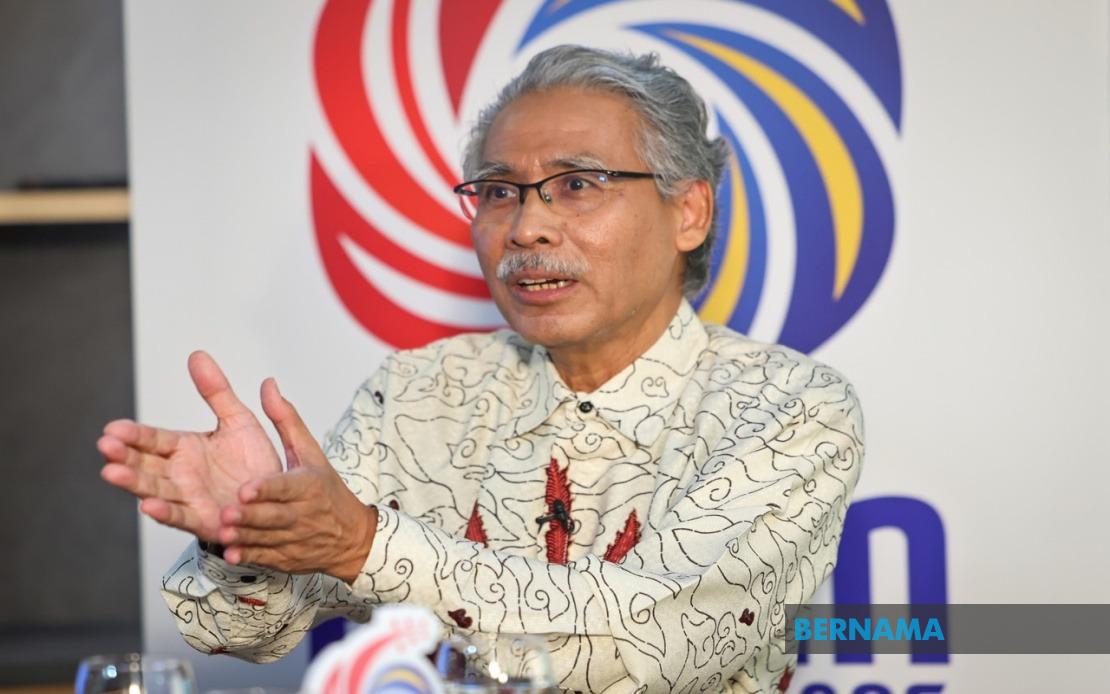
At Puspen, she found more than walls and routine. There were skills to learn, classes to attend, and the gentle patience of people who believed she could still change.
Cooking lessons, batik canting, religious talks; small things, perhaps, but for her they became lifelines.
“It was here that I first saw a glimmer of hope. The advice, the guidance, the encouragement…they gave me strength to face my family, and to face society again,” she said softly.
Today, Nurul is no longer a dealer of drugs, but of dreams.
She runs a small online business selling cosmetics, earning thousands of ringgit each month. More than the money, it is the proof that life can, indeed, be rewritten.
CARING FOR WOMEN TESTED BY HARDSHIP
As for Nik Affezah Nik Ab Ghani, the road back began in June 2020. Seventeen months in Bachok Puspen gave her time to heal, to self-reflect, and to see her past with new eyes. At 45, she no longer speaks of her mistakes with shame, but with resolve.
The woman who once stumbled is now a Peer Support Mentor at the very centre that sheltered her.
The trials of her past, she says, are not weights but stepping stones. They are reminders that she has survived and that survival can be shared.
“I hope to encourage women who are struggling like I once did. Every time I tell my story, I want it to open their hearts and remind them: it is never too late to rise,” she said, admitting that change is never easy.
The pull of old habits is strong, and the fear of falling again lingers. Yet Nik Affezah believes the presence of others - people who care, cheer, guide, and refuse to give up on her - can tip the balance toward a different ending.
“Nothing is impossible, but no one changes alone,” she said.
In another corner of Puspen, Farhana (not her real name) is still walking her path.
At 32, she has three months left before she steps out into the world again. She dreams of the life she has longed for. Peace, love and the embrace of her family, but she knows the hardest trial may not be the drugs themselves.
The stigma, she fears, will be crueller than withdrawal. She worries about the looks, the whispers, the prejudice that can reduce a person to a label, a threat, a burden.
“But change cannot rest only on us. Society, too, must learn to see differently. Without acceptance, those of us trying to rebuild will remain trapped between our past and the world’s judgment.
“Don’t let drugs steal our dignity or our future. We deserve to be happy. We deserve respect. If I can rise again, then so can other women like me. Our past should not decide who we are tomorrow,” her voice softens, but does not waver.
ASEAN’S ROLE IN PROTECTING WOMEN
In Malaysia, the AADK recorded a steady rise in the number of women entangled in drug abuse, with 5,712 cases in 2022 to 6,318 in 2023, and 8,638 in 2024.
According to AADK Director of Treatment, Medications and Rehabilitation Siti Mariam Mursidan, three factors often draw women into that spiral: the pull of peers, the spark of curiosity, and the fleeting promise of pleasure.
For criminologist Dr Haezreena Begum Abdul Hamid, the stories of women like Nurul, Nik Affezah and Farhana are not isolated.
They are threads in a larger fabric that stretches across borders.
“In Southeast Asia, women are too often pulled into the underworld of drug trafficking; not because they are hardened criminals but because syndicates see them as invisible. Less suspicious. Easier to use.
“Many women are exploited...some are lured with promises of love or money. Some are coerced by partners or family members. Others are simply trapped by desperation,” she said.
Dr Haezreena, a senior lecturer at Universiti Malaya’s Faculty of Law, said the answer lies in ASEAN member states acting as more than just neighbours sharing borders.
She envisions a regional protocol. One that combines law reform, trauma-informed justice, and joint enforcement, while also building socio-economic resilience for border communities.
“Even our legal assumptions deserve scrutiny. For women who have been exploited, the presumption of possession or knowledge should be reconsidered. Justice must recognise intent or the lack of it,” she added.
Geostrategist Professor Dr Azmi Hassan agrees that the fight cannot stop at courtrooms or prison gates.
“The battle begins in rural areas, villages, airports and border crossings. In the places where women live and where syndicates find them.
“Communities, especially women in rural and low-income areas, need to know how syndicates approach them, how they deceive them. Knowledge is protection,” he said, citing awareness as the first shield.
Beyond awareness, Azmi believes in healing. Women who have fallen into addiction deserve rehabilitation that sees more than their crime; programmes that address trauma, provide psychological support, and open doors to jobs and skills.
“ASEAN nations can learn from each other by sharing best practices in rehabilitation and reintegration because if society keeps punishing without healing, the cycle will only repeat,” he added.
-- BERNAMA
